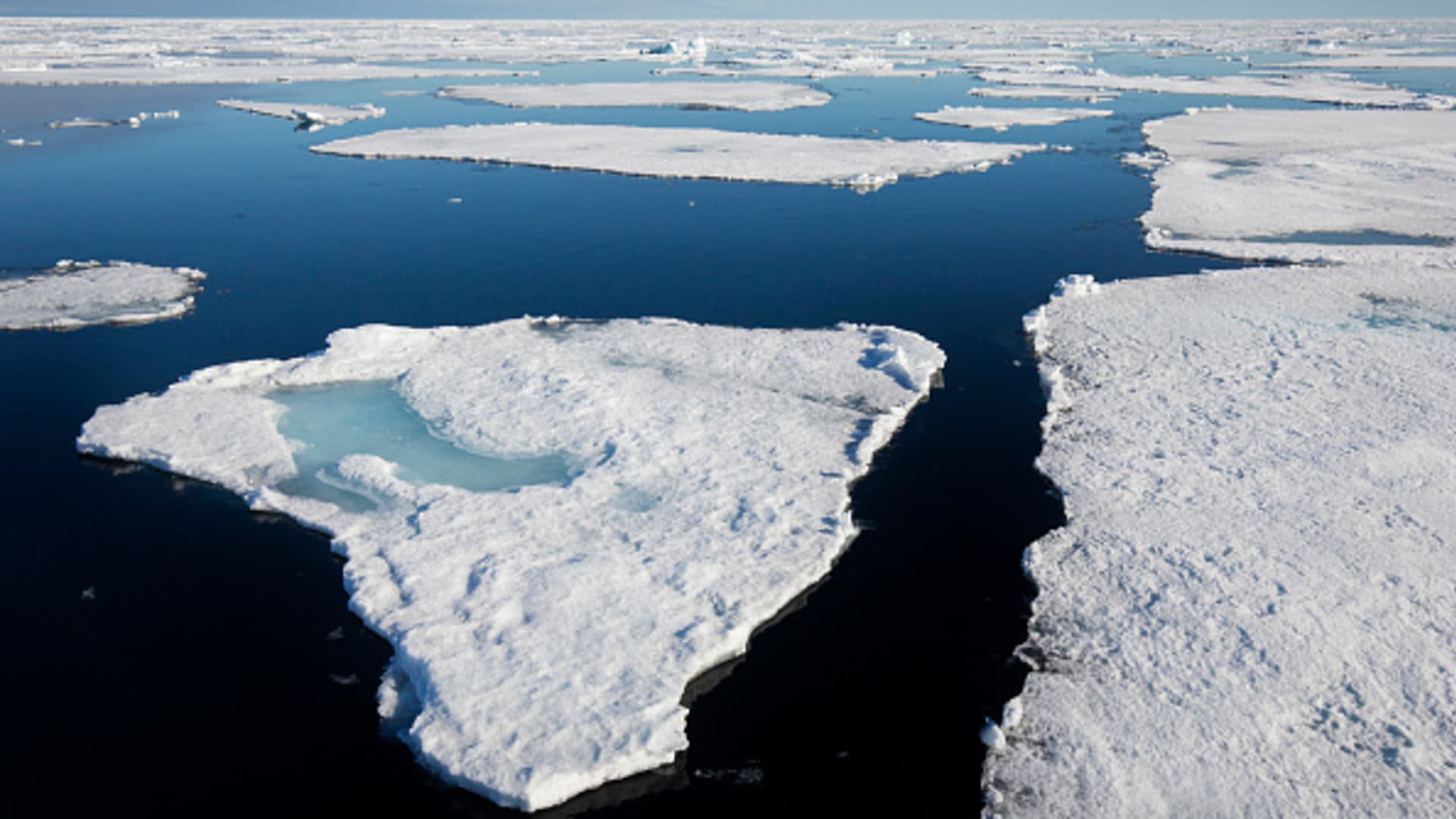
Drift ice – ice flows in the Arctic Ocean, Nordaustlandet, North East Land, Norway.
Arterra | Universal Images Group | Getty Images
Espen Barth Eide is Norway’s Minister of Climate and Environment. Fatih Birol is the Executive Director of the International Energy Agency.
The energy crisis triggered by Russia’s inexcusable aggression against Ukraine has focused attention on the vast amounts of fossil fuels that economies in Europe and around the world rely on to continue functioning day to day.
People need them to go about their lives and earn their livelihoods. Cutting off supplies abruptly would result in tremendous damage. But it’s equally clear that to continue to consume fossil fuels at current levels will result in tremendous damage from global warming, as the latest report from the Intergovernmental Panel on Climate Change makes painfully clear.
A rapid but managed decline of fossil fuels is a central part of transforming the global energy sector to one with net zero emissions by 2050, which would give the world a fighting chance of limiting the rise in global temperatures to 1.5 °C. This requires massive deployment of clean energy technologies such as solar, wind, EVs and energy efficiency in the coming years to reduce and replace the use of fossil fuels.
This is an immense undertaking of a speed and scale the world has never seen before. Making it a reality will require many millions of interdependent micro-decisions by policy makers, investors, businesses, and consumers. And the managed decline of fossil fuels needs to be conducted in a fair and just way that provides sufficient support for affected communities.
But the recent willingness of European leaders to take strong and rapid steps to start reducing reliance on Russian supplies of natural gas shows that when the reality of a threat becomes clear, governments can act decisively to lead the way on necessary changes. The climate crisis demands similarly decisive action. The growing catalogue of climate-induced disasters around the world frequently remind us that the dangers are already here and only increasing.
At the same time, Russia’s aggression demonstrates that the need for responsible energy exporters like Norway is greater than ever. As Europe rightly turns its back on Russian supplies, it will rely more on oil and gas from other producers in the near term – but less and less over time as its efforts to decarbonize accelerate.
Norway realizes that the writing is on the wall for fossil fuels in the coming decades. It is pushing hard to develop and deploy technologies such as EVs, hydrogen-powered passenger ships and even electric planes, all of which will reduce the transport sector’s use of oil. And it is eager to share what it has learned with other countries to help them use less oil as well. This puts Norway in the seemingly paradoxical position of being an oil producing country that is actively working to undermine demand for its biggest export.
Norway is also playing a leading role in the deployment of technologies that can limit the environmental impact of fossil fuel production such as by preventing leaks of methane and through electrification. It is a frontrunner in advancing solutions to capture and then use or store carbon emissions rather than letting them escape into the atmosphere. Achieving net zero by 2050 will be virtually impossible without these technologies, and the skills and expertise of the oil and gas industry could prove pivotal in scaling them up at the pace that’s needed.
Navigating and balancing all these complex and interlinked changes globally highlights the scale of the challenge the world faces in reaching net zero. It won’t be plain sailing. And not all countries are fortunate to have the wealth Norway does at their disposal to fund their clean energy transitions. The huge shortfall in financing for clean energy in emerging and developing economies is one of the biggest obstacles for global efforts to reach net zero. Advanced economies have a moral obligation to address this by massively scaling up skill and technology transfers, direct financial support and measures to spur private investment.
All wealthy nations – and those who draw significant amounts of income from fossil fuel production – must confront these issues. The energy crisis we are dealing with now, driven by Russia’s reckless actions, shows today’s fossil fuel-dominated energy system is failing citizens around the world. Too much depends on unreliable and expensive supplies that are putting the squeeze on consumers and businesses – and pushing our planet’s climate deep into the danger zone.
But there is reason for hope: a new global energy economy is emerging, based on renewables, EVs and other clean energy technologies. And it’s in all of our best interests to diversify away from fossil fuels and accelerate the shift to clean energy as rapidly, fairly and securely as possible.






